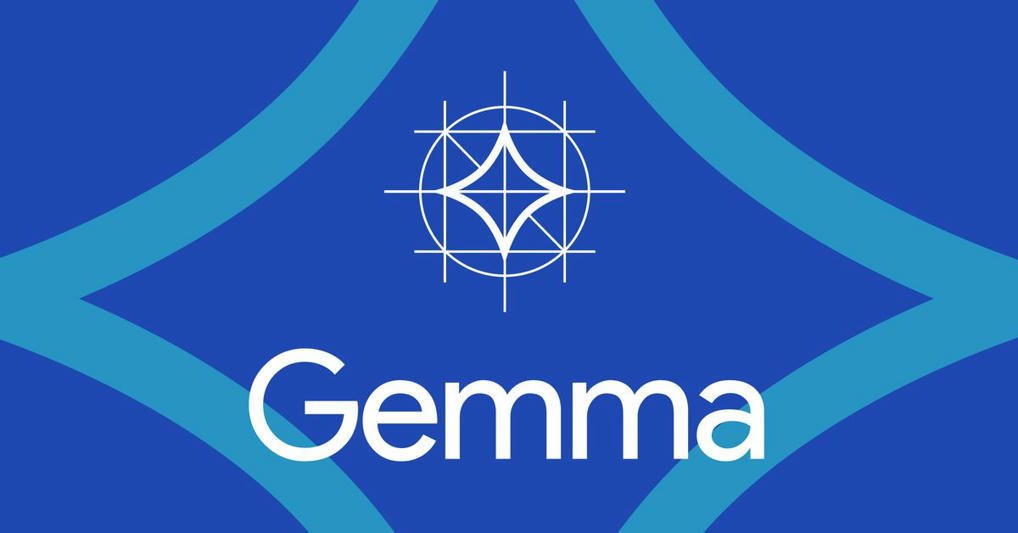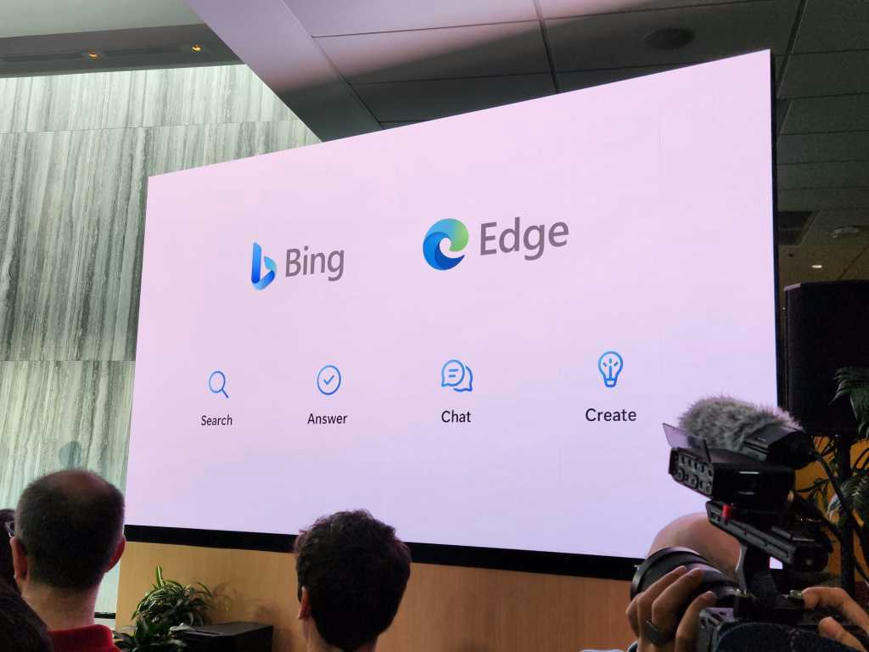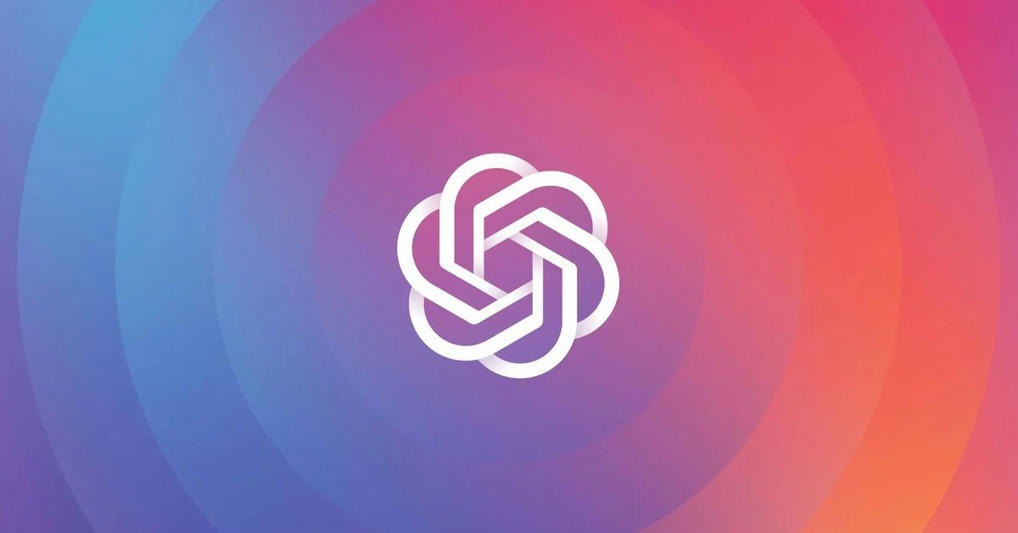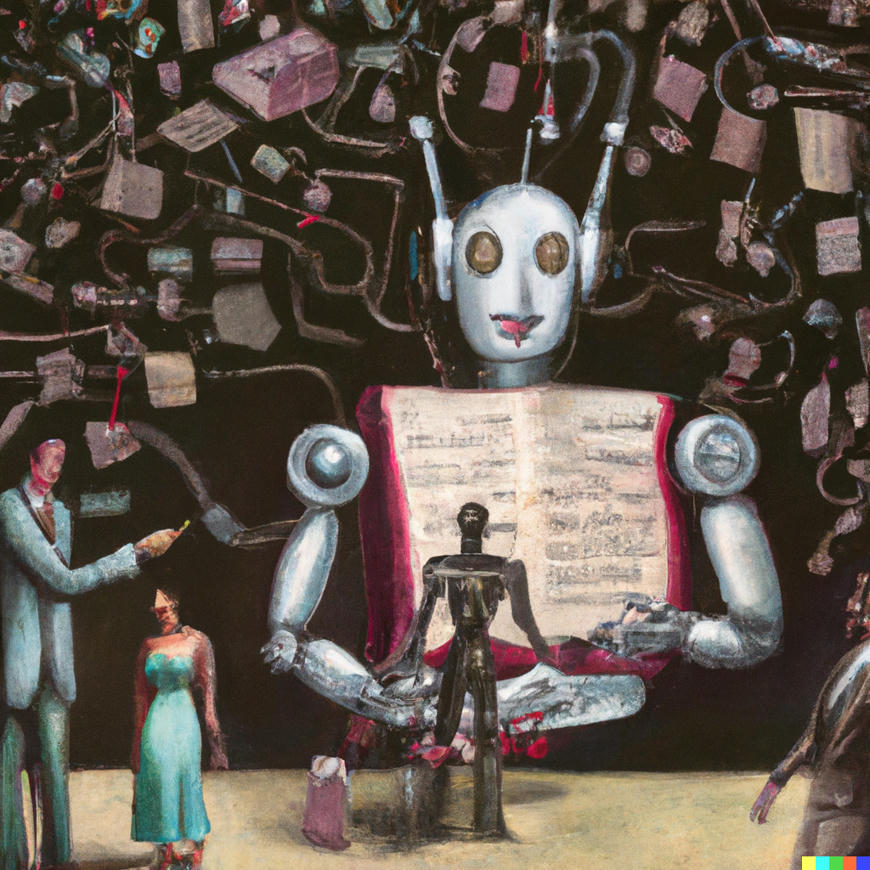
Google Gemma: because Google doesn’t want to give away Gemini yet
/ Gemma 2B and Gemma 7B are smaller open-source AI models for language tasks in English.
Read the full article at: www.theverge.com

Google Gemma: because Google doesn’t want to give away Gemini yet
/ Gemma 2B and Gemma 7B are smaller open-source AI models for language tasks in English.
Read the full article at: www.theverge.com

Microsoft will add contextual searches to Bing, powered by its own version of the ChatGPT algorithm. Microsoft will also integrate a separate, dedicated chat interface for Bing, complete with footnoted links. Finally, AI will be integrated into Edge, allowing to summarize a financial earnings report, for example. Bing’s new search engine interface is live, but to a limited number of people. It will expand in the coming weeks.
Learn more / En savoir plus / Mehr erfahren:
https://www.scoop.it/topic/21st-century-innovative-technologies-and-developments/?&tag=ChatGPT
https://www.scoop.it/t/21st-century-innovative-technologies-and-developments/?&tag=AI
https://www.scoop.it/topic/21st-century-innovative-technologies-and-developments/?&tag=Ethics
Read the full article at: www.pcworld.com

OpenAI, the company behind DALL-E and ChatGPT, has released a free tool that it says is meant to “distinguish between text written by a human and text written by AIs.” It warns the classifier is “not fully reliable” in a press release and “should not be used as a primary decision-making tool.” According to OpenAI, it can be useful in trying to determine whether someone is trying to pass off generated text as something that was written by a person.
The tool, known as a classifier, is relatively simple, though you will have to have a free OpenAI account to use it. You just paste text into a box, click a button, and it’ll tell you whether it thinks the text is very unlikely, unlikely, unclear if it is, possibly, or likely AI-generated.
Learn more / En savoir plus / Mehr erfahren:
https://www.scoop.it/topic/21st-century-innovative-technologies-and-developments/?&tag=ChatGPT
https://www.scoop.it/t/21st-century-innovative-technologies-and-developments/?&tag=AI
https://www.scoop.it/topic/21st-century-innovative-technologies-and-developments/?&tag=Ethics
Read the full article at: www.theverge.com

The difference we have with ChatGPT is that it doesn’t so much present a threat to the university experience, but rather directly into the heart of the purpose of a university education – its ability to ‘teach you how to think’. There have been shadows of this in the past, for instance the hostility towards Wikipedia (Coomer 2013), the emergence of essay mills, not to mention simple, now common place tools such as spell checkers and calculators. I remember vividly a very angry professor in the early 2000s telling me that reading lists with hyperlinks would make students baby birds, with wide open mouths expecting to be spoon fed. We’ve pretty much moved through all those advancements in technology and realised their benefits, but this one, I would argue, is different. Not because it does not have its benefits, but because of the sheer volume and scale of what’s coming will be meaningfully different and ultimately challenge the foundations upon which we measure that ability to think – university assessment.
Learn more / En savoir plus / Mehr erfahren:
https://www.scoop.it/topic/21st-century-innovative-technologies-and-developments/?&tag=ChatGPT
https://www.scoop.it/t/21st-century-innovative-technologies-and-developments/?&tag=AI
https://www.scoop.it/topic/21st-century-innovative-technologies-and-developments/?&tag=Ethics
Read the full article at: katelindsayblogs.com

Over the recent weeks, millions of people have tried the new AI chat released by OpenAI, built on an upgrade of GPT3 (Generative Pre-trained Transformer). The tool uses a neural network to generate responses from data sourced from the internet. OpenAI, supported by Microsoft, also built and released the currently free DALL-E – an AI-generated art form.
By creating an easy user interface, the ChatGPT likely has many educators wondering about the future of learning. This platform will be rapidly improved when next-generation GPT4 models emerge, most likely early 2023 – meaning, it’s only going to get even better, much, much better.
AI already does and will continue to impact education – along with every other sector. Innovative education leaders have an opportunity (along with parallel emerging innovations in Web3) to build the foundation for the most personalized learning system we have ever seen. Using these tools, educators can design an equitable and efficient model for every learner to find purpose and agency in their lives – and the opportunity to help solve some of the world’s most pressing challenges.
Read the full article at: www.gettingsmart.com